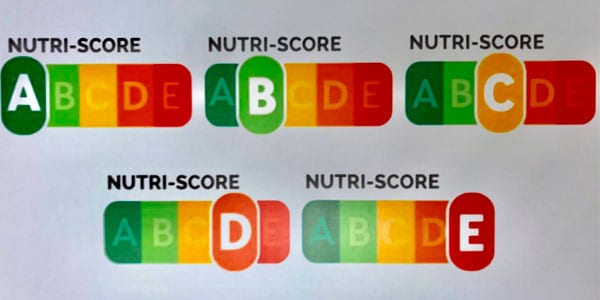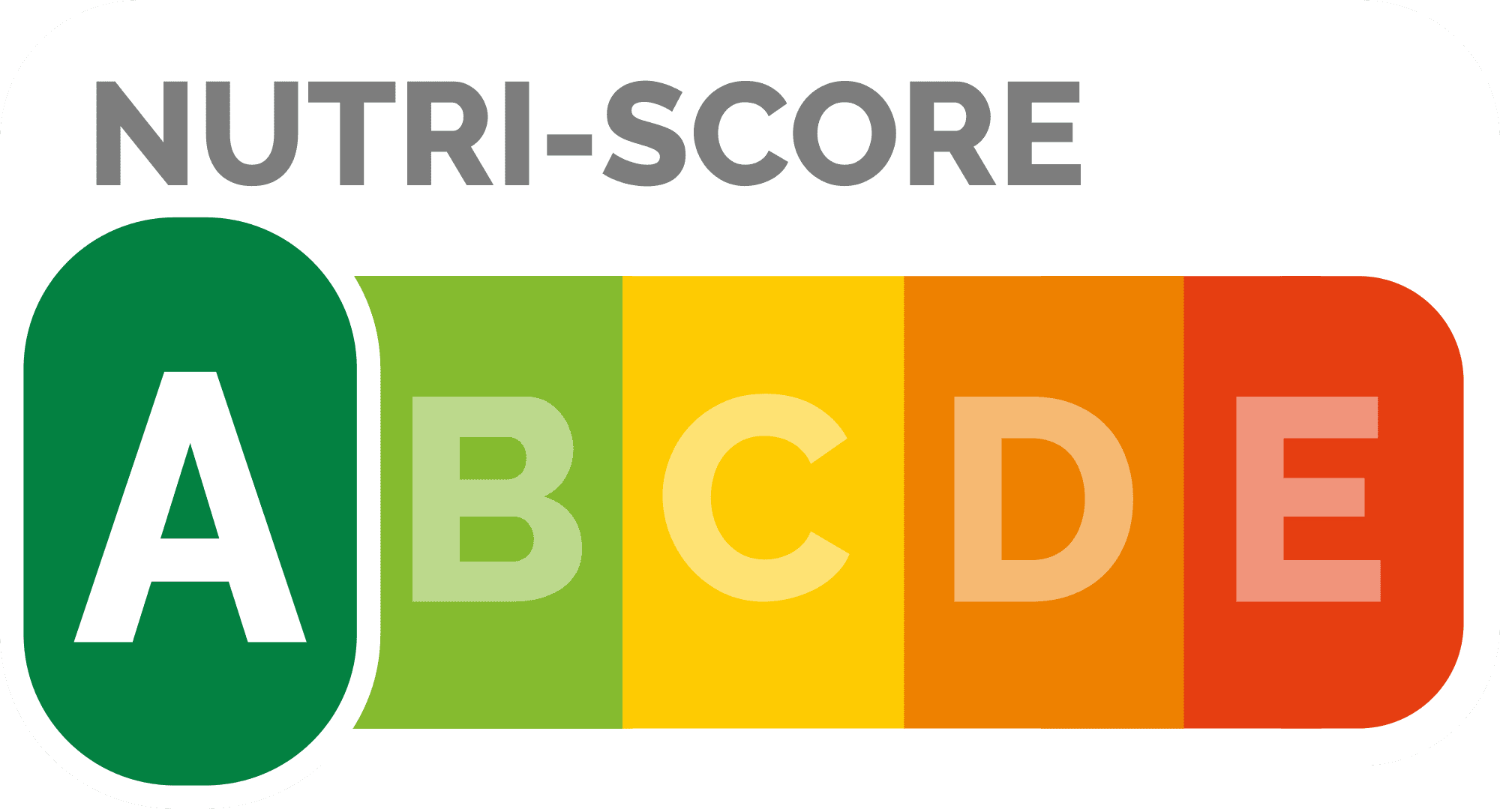Since its inception the Nutri-Score labeling system has been controversial. Now the European Parliament has halted its implementation in the debate on 'The influence and control over the supermarket choices of European citizens' promoted from liberal positions.
In this debate nutrition experts, consumer associations and companies have shared their positions on the labeling system Nutri score that is being established in Europe.

And it is that the system has been controversial since its inception since the algorithm that marks the Nutri-Score traffic light did not meet many criteria that when considered, the qualification varied again. In addition, products were reformulated with a more than healthy purpose of improving the rating of this system on the labeling, that is, advertising prevailed more than healthy global nutrition habits. A good example has been olive oil, a healthy and fundamental product in the Mediterranean diet that the Nutri-Score algorithm penalized.
Nutri-Score and its algorithm
According to the words of the professor of the University of Barcelona Jaume Estruch “Nutri-Score focuses on what is bad in a food. The algorithm calculates its rating, giving 40% weight to the negative effects of a food and only 15% to the positive effects”, explained the professor.
For his part Pietro Paganini, one of the organizers of the debate and founder of Competere.eu, “Europe is based on cultural diversity, freedoms, knowledge and education. Science is moving in the direction of personalized diets which is why Nutri-Score is the past. It's a one-size-fits-all scheme that is the old Hegelian model where an elite group of scientists approves an algorithm that it claims to be perfect and applicable to everyone. However, when political or commercial interests so decide, the algorithm can be changed and the ratings of selective products can go from the red 'E' to the yellow 'C'”.
The recommendation to stop and analyze the process
Herbert Dorfmann MEP, a defender of the European farm-to-table strategy, has described this labeling as improvable and "too simple" and dares to qualify what is healthy and adds. "What is healthy, how it is defined and who or what entity defines it is a matter, to say the least, complicated." MEP Dorfmann recommends, at this point, to test it and evaluate it with the health of consumers in the countries that have already implemented it, these are: France, Germany and Belgium.







